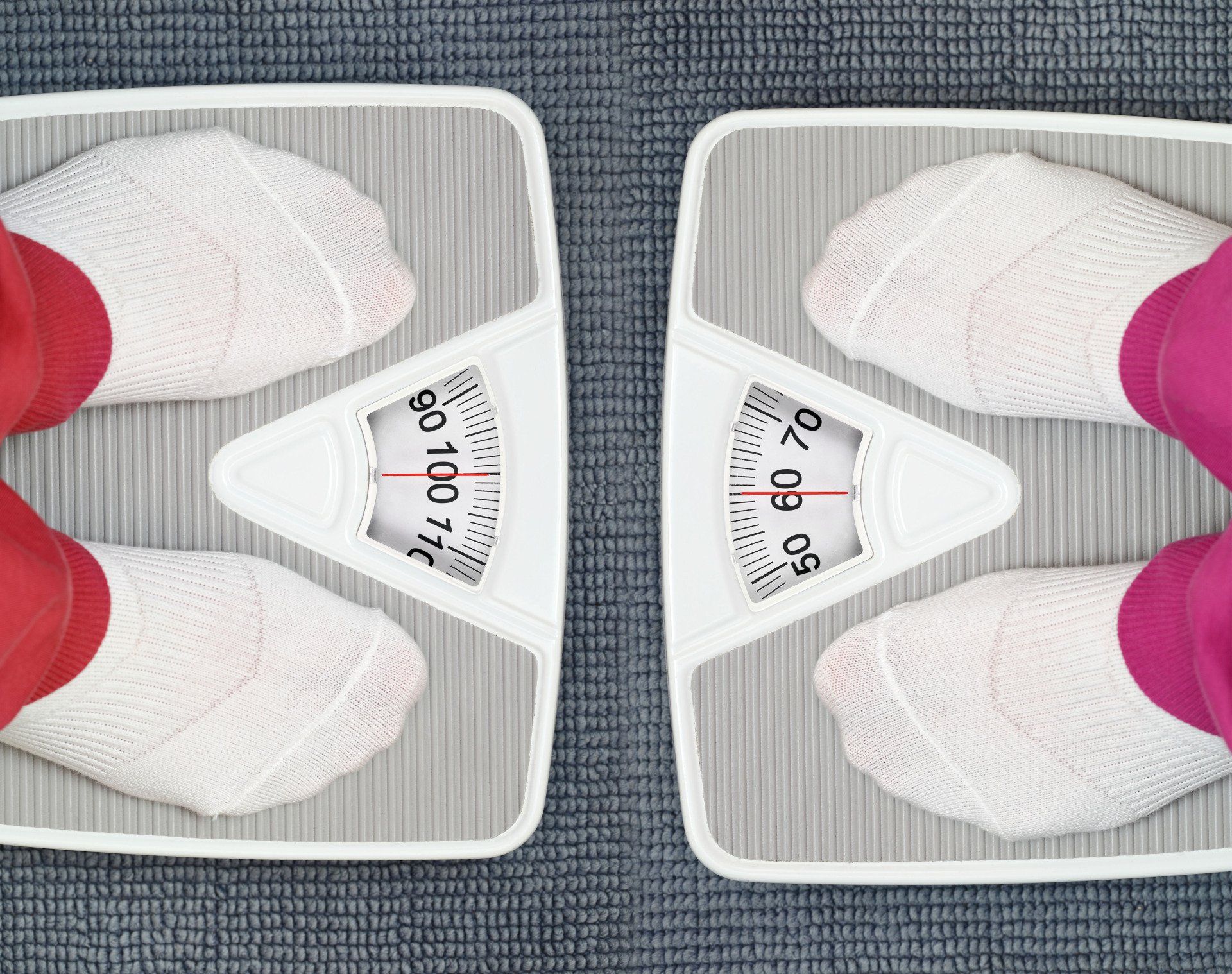Intermittent Fasting
Interested in Intermittent Fasting?
Intermittent fasting is an eating strategy being practiced across America in many homes and being studied by Obesity specialists. The belief is that restriction of calories during certain times may offer the benefit of weight loss and therefore reduce disease risks.
The different approaches include:
Every other day fasting:
Just as one would think, you eat normally every other day. On the days in between, you eat 25% of your daily caloric needs in one meal. An example would be an 1800 calorie diet on M-W-F and a 450 calorie meal on T-Thurs-Sat.
The 5:2 plan:
Eat normally for 5 days in a row then for 2 days in a row eat 450 calories per day.
The 16:8 plan:
Each day is the same. You fast for 16 hours in a row and eat normally during the remaining eight hour period. For example you eat from 9am-5pm only.
The belief is that fasting leads to lower levels of blood sugar and the body then needs to use fat instead of glucose as a source of energy. There is a shift of glucose to ketones as an energy source. Regular fasting has been associated with lower blood pressure and heart rate, reduced insulin resistance, lower LDL cholesterol and less inflammation too.
Researchers are discovering that intermittent fasting can possibly be connected to a longer life (at least in animals). Harvard research finds that the energy producer of the cell (the mitochondria) may work more efficiently in individuals who exercise fasting.
As usual, there are cautions and unanswered questions. If you fast after losing too much weight too quickly, it can negatively affect bones, immunity and energy. There can also be difficulties with medication administration, blood sugar if you have Diabetes or imbalances in electrolytes like sodium and potassium.
Remember that in any event, the fast is not broken by taking medication or drinking calorie free drinks. Water is always essential on any diet.
WORK WITH YOUR DOCTOR before deciding on a diet plan. You want to benefit your health, not risk it.











Share On: